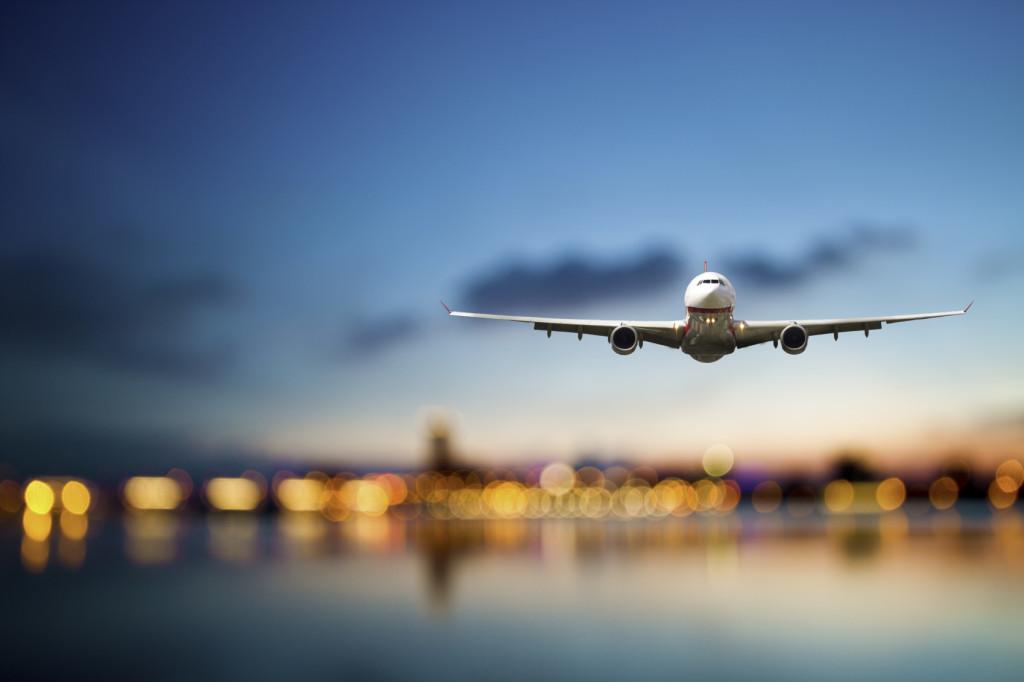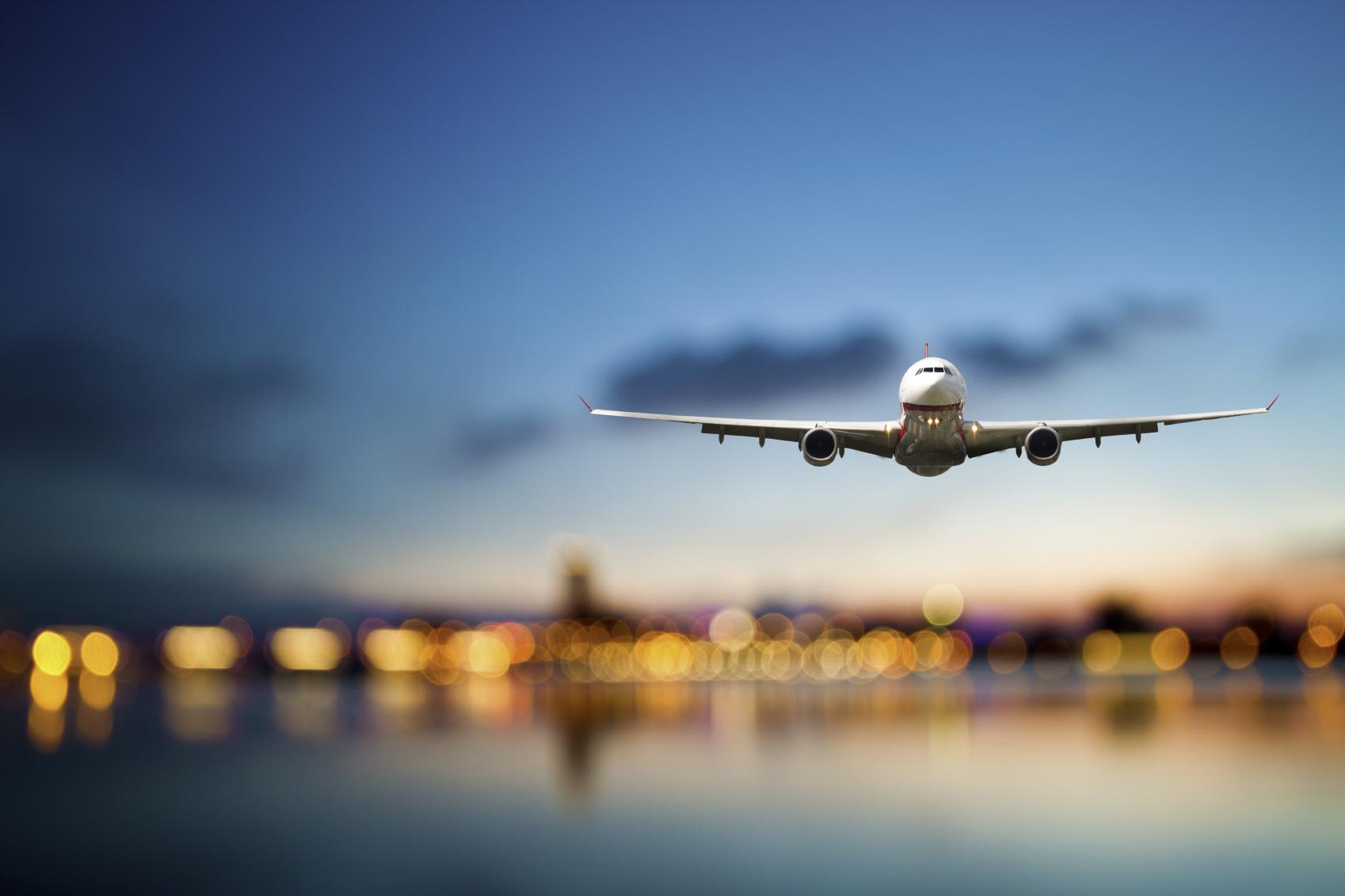Study: Airlines’ Secrecy Will Ultimately Raise Ticket Prices

A Travel Tech study forecasts plummeting airfare transparency could cost flyers.
The Travel Technology Association (Travel Tech) released a report Tuesday that said decreasing airfare transparency could cost U.S. consumers $6.7 billion.
Travel Tech said airline restrictions on access to flight information would result in an 11 percent rise in tickets for leisure and unmanaged business travelers — equivalent to an average of $30 more per ticket, or an increase of about $120 for a family of four.
“The lack of access to transparent, comparable airfare information would be costly: 223 million American leisure and unmanaged business travelers would pay $6.7 billion more in airfares, and it may result in up to 41 million passengers annually choosing not to fly because of higher ticket prices,” Travel Tech said in a press release.
Travel Tech is a Washington, D.C.-based trade association for the travel technology industry which promotes public policy that connects consumers to travel providers, eliminates travel barriers and protects the traveling public. Members include: Orbitz, Expedia, Priceline, Skyscanner, Sabre, Amadeus, Travelport, Airbnb, HomeAway, TripAdvisor, CheapOAir and Vegas.com.
Travel Tech estimates that consumers’ lack of access to transparent, comparable airfare and schedule information would result in higher costs for consumers and airlines would lose $11.1 billion in revenue from travelers who choose not to fly. The association said the entire air travel market would lose $600 million.
The study, titled Benefits of Preserving Consumers’ Ability to Compare Airline Fares, was authored by Dr. Fiona Scott Morton, a former Deputy Assistant Attorney General for Economic Analysis for the Antitrust Division at the U.S. Department of Justice and current Professor of Economics at the Yale University School of Management.
“At a time when independent, transparent comparison shopping is most needed, some airlines are attempting to restrict access to their fare and schedule information, reduce the ability of consumers to easily compare prices, and drive travelers to their own websites, which do not offer price comparisons with other airlines,” writes Professor Scott Morton in her study.
Earlier Wednesday, Delta Air Lines, Inc. (DL) faced media condemnation as an example of a company that limits access to its data and fares on travel websites.
“Delta will continue partnering with a limited, but responsive and adaptable group of online retailers who we believe effectively support our efforts to provide a robust shopping experience,” said Anthony Black of Delta in an email. “This experience would reflect the Delta brand consistently with the merchandised offers provided on delta.com.”
Black said Delta reserves the right “to determine who it does business with and where and how its content is displayed.”
Shares of Delta closed down 5.6 percent to $43.62 on the New York Stock Exchange Wednesday — echoing an industry-wide loss on concerns that increasing too many seats on additional flights may eat up profits.
[Photo: iStock]























